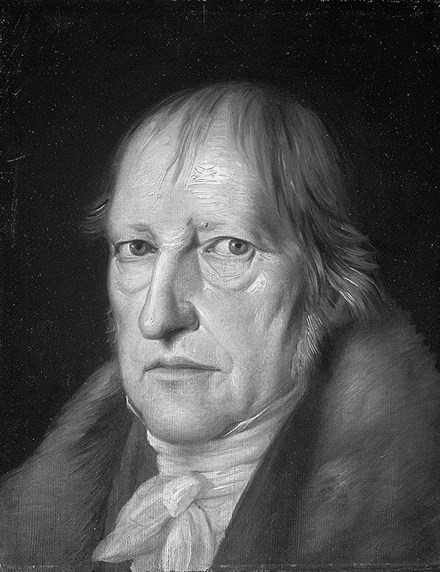
Publication details
Publisher: Springer
Place: Berlin
Year: 2018
Pages: 339-346
Series: Analecta Husserliana
ISBN (Undefined): 9783319775159
Full citation:
, "The transcendental philosophy of Krishnachandra", in: Eco-Phenomenology, Berlin, Springer, 2018


The transcendental philosophy of Krishnachandra
an Indian approach to human life
pp. 339-346
in: William S. Smith, Jadwiga Smith, Daniela Verducci (eds), Eco-Phenomenology, Berlin, Springer, 2018Abstract
The present article humbly proposes that, inspired by Kant, one of the greatest modern Indian philosophers, Krishnachandra Bhattacharyya, was doing a sort of phenomenology in the name of "Transcendental Psychology" without knowing of the existence of Husserl and his works. The task of a philosopher or the reflecting consciousness, says Krishnachandra, is to practice a kind of regress towards transcendental subjectivity in order to realize the subject as freedom. At the final stage of this, the subject-object distinction vanishes altogether and thereby the Absolute is achieved. Krishnachandra, being influenced by Kantian-Hegelian philosophy and being committed to the Indian philosophical tradition, has advocated a special kind of phenomenology that is both descriptive and prescriptive. The goal of his transcendental philosophy is mokṣa (liberation).
Cited authors
Publication details
Publisher: Springer
Place: Berlin
Year: 2018
Pages: 339-346
Series: Analecta Husserliana
ISBN (Undefined): 9783319775159
Full citation:
, "The transcendental philosophy of Krishnachandra", in: Eco-Phenomenology, Berlin, Springer, 2018



